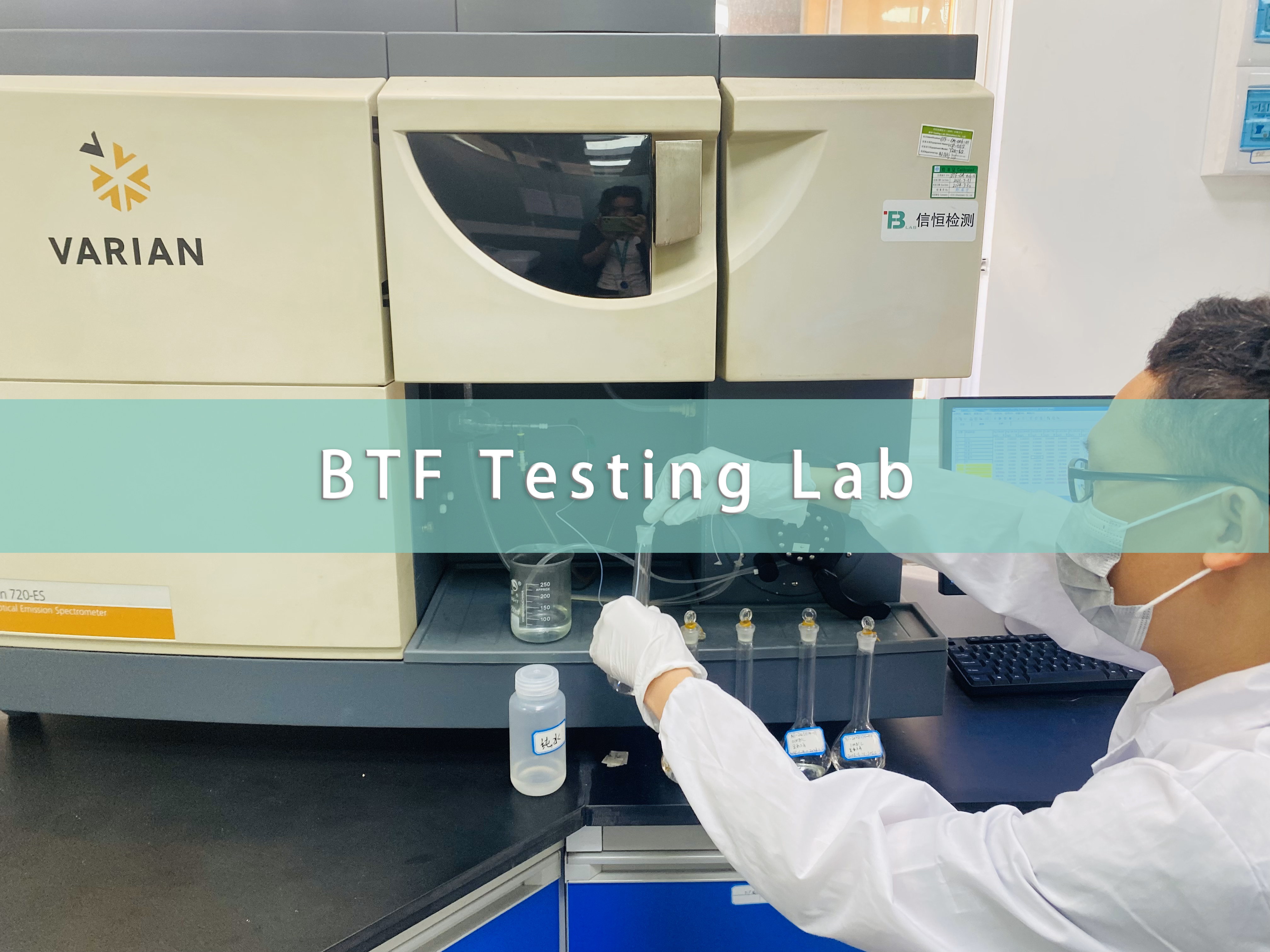With increasing attention to health and environmental impacts, multiple states in the United States have already or are considering restrictions on the use of PFAS (perfluorinated and polyfluoroalkyl substances) and related chemicals in cookware.
According to the draft regulations, “cooking utensils” refer to those utensils that come into direct contact with food during the cooking process. These utensils are used for food preparation, storage, and storage, including pots, frying pans, baking pans, various cooking tools, and kitchen appliances.
Here are some relevant bills that have been passed in various states of the United States
| Control of PFAS and related substances in cooking utensils in various states of the United States | ||
| Region | Regulations and requirements | Effective status |
| Calif. | California Health and Safety Code Sections 109010-109014When the cookware handle or food contact material contains one or more intentionally added PFAS from the DTSC designated list, disclosure should be made | Effective |
| Calif. | ProPosition 65OEHA adds PFOA and PFOS to the list of chemicals causing reproductive toxicity | Effective |
| colorado | 2023 C.R.S. Sections 25-15-601 to 604The part of the cookware handle or surface that comes into contact with food and beverages | Effective |
| colorado | 2023 C.R.S. Sections 25-15-601 to 604Cookware must not be labeled as “PFAS free” unless it does not contain intentionally added PFAS substances | Effective |
| Maine | Title 38, Chapter 16DWhen cooking utensils, tableware, reusable food and beverage containers contain intentionally added PFOS and its salts exceeding PQL or present as pollutants exceeding 100ppm, they must be reported | Effective |
| Maine | Title 38, Chapter 16 When there is intentional addition of PFAS to the product, the product manufacturer needs to report it | Effective |
| Minnesota | Amara’s LawCooking utensils are prohibited from intentionally adding PFAS | Effective |
| Illinois | Illinois House Bill 2516Cooking utensils are prohibited from intentionally adding PFAS | The draft has been introducedEffective January 1, 2026 |
| Vermont | Vermont State Code Title 9 Subchapter 12aCooking utensils are prohibited from intentionally adding PFAS | Effective January 1, 2026 |
| New Jersey | AB 1421/SB 1042Cookware should be labeled with whether it contains intentionally added PFAS | The draft has been introduced and will officially come into effect 2 years after the bill takes effect |
| New York State | New York Senate Bill 1767Prohibit the manufacture, sale, and use of cookware containing polytetrafluoroethylene (PTFE) | The draft has been introducedEffective January 1, 2026 |
| Rhode island | SB 2152/HB 7356Cooking utensils are prohibited from intentionally adding PFAS | The draft has been passedEffective on July 1, 2027 |
These effective bills demonstrate the firm determination and proactive actions of various states in the United States in maintaining public health and environmental safety. As scientific research continues to expose the potential risks of PFAS and related chemicals, other states in the United States are likely to have more similar regulations introduced in the future.
BTF suggests that relevant enterprises keep an eye on and conduct compliance testing and investigation of their products in a timely manner!
BTF Testing Lab, our company has electromagnetic compatibility laboratories, safety regulations Laboratory, wireless radio frequency Laboratory, battery Laboratory, chemical Laboratory, SAR Laboratory, HAC Laboratory, etc. We have obtained qualifications and authorizations such as CMA, CNAS, CPSC, A2LA, VCCI, etc. Our company has an experienced and professional technical engineering team, which can help enterprises solve the problem. If you have relevant testing and certification needs, you can directly contact our Testing staff to obtain detailed cost quotations and cycle information!
Post time: Feb-19-2025











